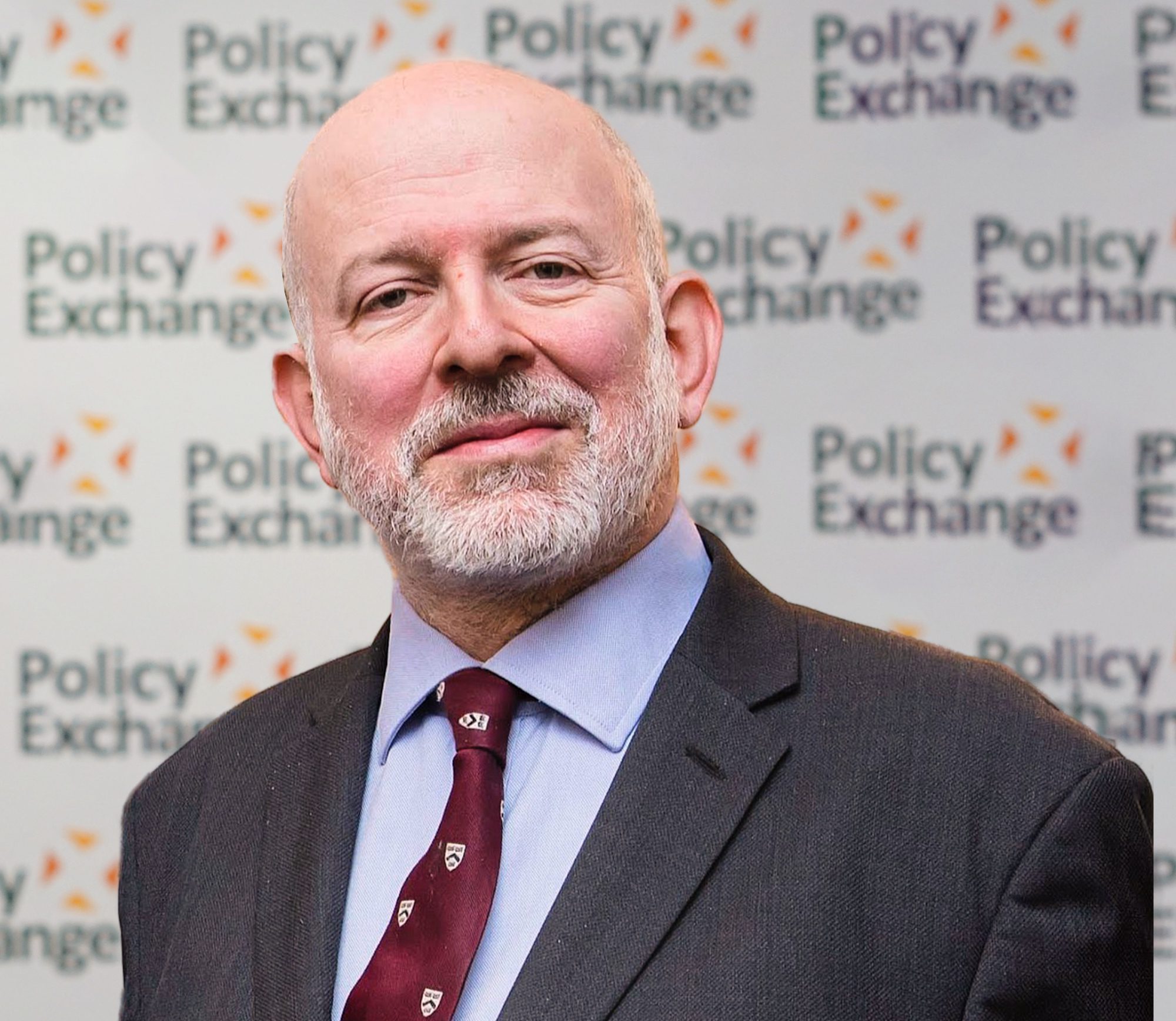This article was featured in the Evening Standard.
David Trimble was the first leader of Unionism during the Troubles to do a deal with the Republican tormentors of his community and he always preferred the more straight-talking Martin McGuinness to the treaclier, quicksilverish Gerry Adams.
The first face-to face bilateral between the then Ulster Unionist leader and the Sinn Fein/IRA top brass took place in September 1998 in the wake of the Omagh bombing by the dissidents of the Real IRA.
No great invective was hurled — nor did McGuinness and Trimble “glower magnificently” at each other (in the words of Winston Churchill, who brokered the meeting between the then IRA leader Michael Collins and the first Unionist Prime Minister of Northern Ireland, Sir James Craig). Trimble often cited the pragmatism of his own predecessor in the 1920s as a precedent for engaging with Republicans in his time.
Trimble was also the first Unionist leader of recent times to worry about the internal balance of forces within Sinn Fein/IRA — fearing that McGuinness and Adams would suffer Collins’s fate. He probably worried too much about the vulnerability of McGuinness and Adams for his own good within the wider Unionist family, and was punished for it when Ian Paisley’s DUP overhauled the UUP as the largest Unionist party.
By contrast, McGuinness and Adams did not reciprocate the sentiment and were often prone to over-negotiation. This was despite the fact that McGuinness subscribed to the doctrine put forward by the Dutch political scientist Arend Lijphardt that such conflicts as Northern Ireland could best be solved through accommodation of sectarian elites within the political classes.
The DUP flayed Trimble for his naïveté — but few can have realised how much further Paisley would go in fraternising publicly with McGuinness when the DUP leader became the hegemonic force in Unionism. In the end, Paisley’s vanity proved stronger than his sectarianism.
By contrast, Trimble — who took the big risks to talk to Sinn Fein/IRA — would never have done the “Chuckle Brothers” routine. Why? Partly because Trimble’s maternal forebears came from McGuinness’s native Derry — and he never forgot what the local Provisional IRA, led by McGuinness, had done to his kinsmen. The departure of thousands of Protestants from the West Bank of the Foyle was one of the largest forced movements of population in Europe between the end of the Second World War and the outbreak of the Bosnian conflict in 1992. Trimble saw it as ethnic cleansing. His consciousness gave him a bottom line.

